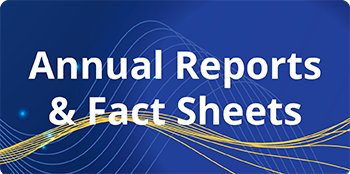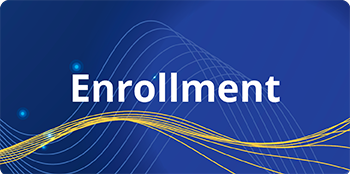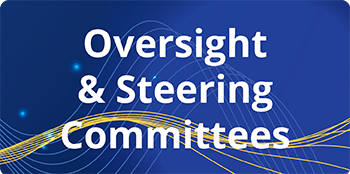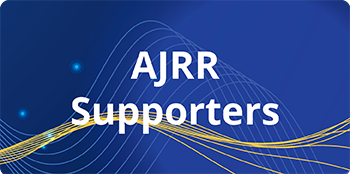
The AAOS American Joint Replacement Registry (AJRR) is the world’s largest national registry of hip and knee replacement data by annual procedural count, with data on 5 million+ procedures from hospitals, ambulatory surgery centers, and private practice groups in all 50 states, the District of Columbia, and Puerto Rico.
AJRR Participation Benefits
Participation in the AJRR provides actionable information to guide clinical decision making to improve the quality of care, patient safety, and treatment outcomes.



Learn About Quality Collaborations
- Data Reuse Opportunities
- Blue Distinction® Specialty Care Centers
- Joint Commission Performance Measures Resources
- Mandatory CMS IQR THA/TKA PRO-PM
- Aetna Institutes of Quality

Data in Practice
Discover how registry data transforms orthopaedic practice with real-life results—click to explore AJRR case scenarios and the transformative impact of data-driven healthcare.
Data Submission
After AJRR participating sites collect the necessary data elements, they submit their data through the AAOS RegistryInsights® data upload process via a secure file transfer protocol (SFTP) or hypertext transfer protocol secure (HTTPS).
Registry Enhancements
Learn about recent updates to the RegistryInsights platform and new opportunities to engage with AAOS Registry data.






